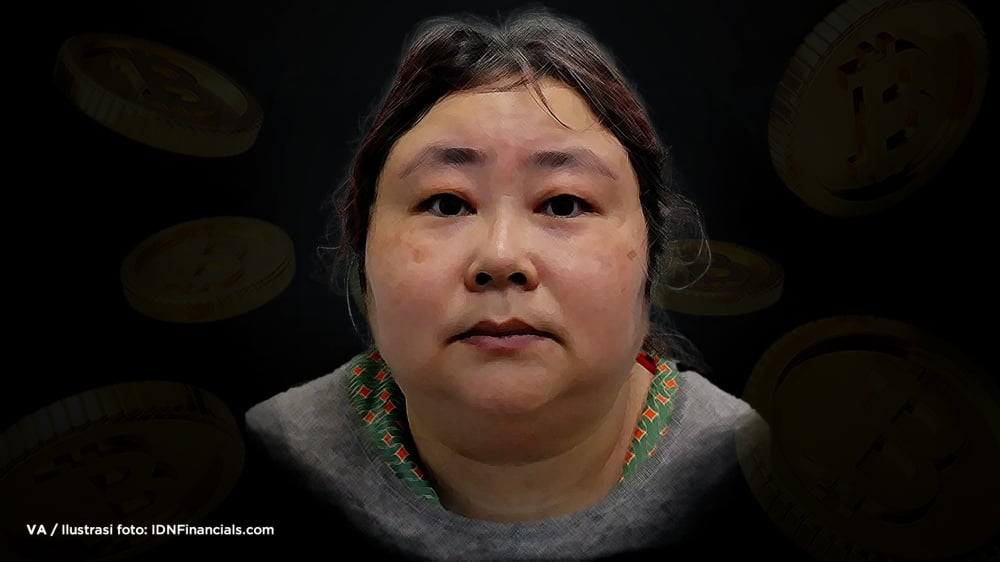Already a subscriber? Make sure to log into your account before viewing this content. You can access your account by hitting the “login” button on the top right corner. Still unable to see the content after signing in? Make sure your card on file is up-to-date.
A Chinese national has been sentenced in the UK to nearly 12 years in prison for orchestrating a multi-billion-pound cryptocurrency laundering scheme that defrauded over 100,000 people in China.
Getting into it: Zhimin Qian, 47, was sentenced at Southwark Crown Court to 11 years and 8 months in prison after pleading guilty to multiple counts of money laundering and possession of criminal property. Identified as the mastermind behind one of the largest financial frauds in UK legal history, Qian ran a vast pyramid scheme between 2014 and 2017, defrauding more than 128,000 Chinese citizens (many of them elderly) through a sham investment company that promised returns from high-tech products and cryptocurrency mining.

The scheme, operated under the name Lantian Gerui (or Bluesky Greet), lured victims with promises of massive profits, daily payouts, and nationalistic rhetoric. Investors were led to believe they were funding cutting-edge technology ventures, but police later found that new investor money was simply used to pay earlier participants in classic Ponzi-style fashion. As pressure from Chinese authorities mounted in 2017, Qian fled the country under a false identity and resettled in the UK, where she began laundering the stolen funds by converting them into Bitcoin and attempting to purchase high-value assets. At the time of her arrest in 2024, UK police uncovered an extraordinary 61,000 Bitcoin stored on devices hidden in a safety deposit box, now worth around $6.5 billion, marking the largest crypto seizure in UK history.
Authorities also found Qian in possession of $81 million in other cryptocurrencies, large amounts of cash, false passports, and evidence of lavish spending, including attempts to buy over $52 million in London real estate, luxury goods, and fine jewelry. She was living in a Hampstead mansion rented for $22,000 per month and had built a fictional identity as a wealthy antiques heiress.
Police investigations also uncovered handwritten notes detailing Qian’s grandiose future plans, including founding a private bank, purchasing a Swedish castle, and becoming “queen” of Liberland, a self-declared micronation. The court concluded that her actions were calculated, long-running, and driven purely by greed, with Judge Sally-Ann Hales calling her “the architect of this offending from its inception to its conclusion.”
What happens next to the seized assets remains uncertain. Thousands of Chinese victims are preparing to make claims in a UK civil “proceeds of crime” case set to begin next year. However, many victims face challenges proving direct links to the funds, as their payments were often funneled through local promoters, making individual claims more complicated.







